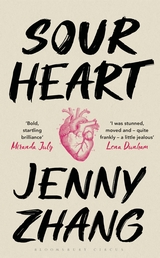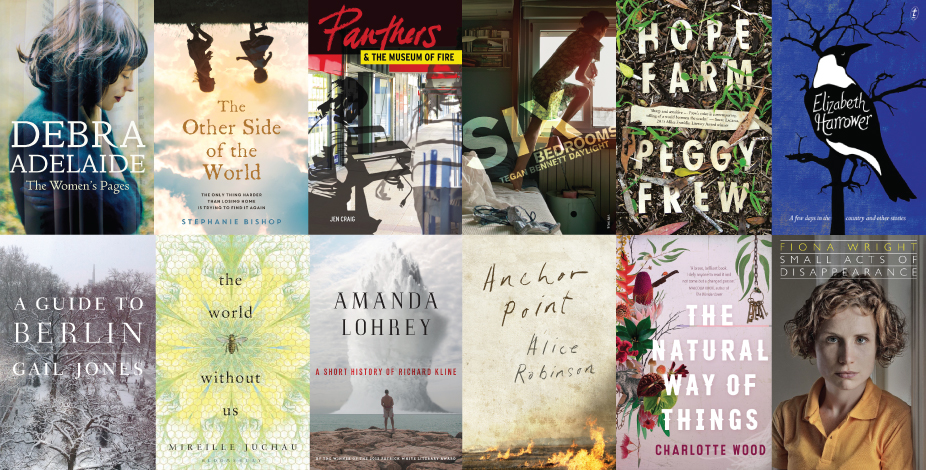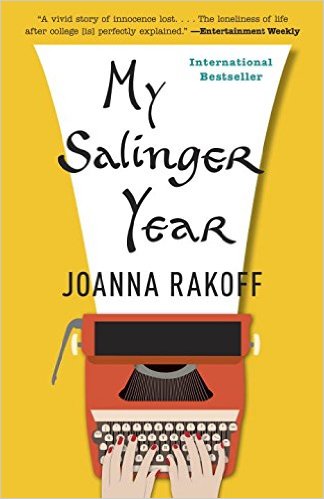 Two writers. Two excellent, contrasting, collections of short fiction both, in their way, exposing the simple truths and glorious complexities of everyday of life.
Two writers. Two excellent, contrasting, collections of short fiction both, in their way, exposing the simple truths and glorious complexities of everyday of life.
First Helen Garner, one of Australia’s most under-stated yet wise and clear-sighted writers has consistently held up an unwavering mirror up to the country through more 13 books (including forensic studies of two highly publicised court cases), two plays and numerous magazine articles. Stories ( Text Publishing) a collection of fiction, some of which dates back more than 20 years, has been released to coincide with her 75th birthday. It showcases her meticulous, pared back, observations on the magical and the mundane. She has a glorious ear for the vernacular so mesmerising you can hear the conversations in your head as you read. Postcards from Surfers will resonate with anyone who has tried to bridge the gap between childhood holidays and the present. Stories is a partner to a volume of her non-fiction work.





